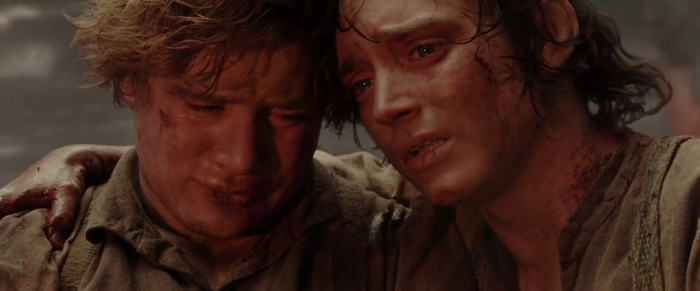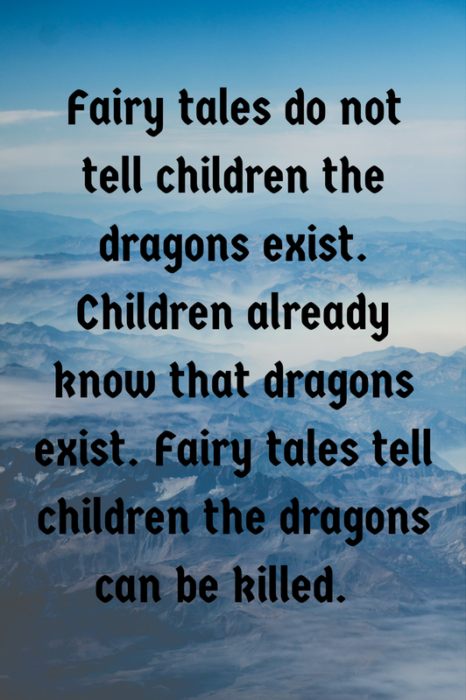3 Reasons We Need to Read About Evil In Stories
 We live in a broken world.
We live in a broken world.
Just watch the news for five minutes or following trending topics on social media and you’ll be reminded of the sobering truth: evil surrounds us.
It’s not a topic we like to think of or discuss. It lives in the dark recesses of the bottom drawer, safely locked away. It’s too uncomfortable, too repelling.
But we need to have it in front of us, to be reminded it exists. Especially in stories.
Here are three reasons why.
1. The presence of evil doesn’t allow any room for sugarcoating.
Too often, stories told from a Christian perspective stumble into the “clean” trap. And by clean, I don’t mean a lack of swearing, violence, or any other triggers.
Rather, I mean a world stripped down from what we know to be true from experience. An insulated world where the fangs and claws of evil become afterthoughts. Things not to be touched with a ten-foot pole.
This approach to storytelling is like eating too many sweets. Lots of delicious taste to make our “feels” tingle, but ultimately lacking any significant substance.
Putting evil in stories doesn’t allow room for us to overindulge in the sweets. It forces us to face those fangs and claws instead of burying them beneath an avalanche of cotton candy.
2. The presence of evil presents an accurate picture of our sinful world.
Once we confront evil in stories, those stories ring more true. Instead of wandering through a make-believe world where everything’s seen through the rose-colored tint of pleasant thoughts and happiness, we find ourselves in a reality that reflects our own.

Our connection to the story becomes stronger, more meaningful, more compelling. No deceiving ourselves here.
That doesn’t mean we glorify evil and say, “Well, this is how the world actually is, so we have every right to bathe the story in it.” There are limits, and evil needn’t be detailed in all its gory vileness in order to drive the point home.
The goal is—or should be—to craft a narrative people can relate to. And to do that, we need to include evil. Villains, monsters, tragedies, disasters. Not for the sake of having evil, but because it makes for a more convincing tale.
Once we’re invested, we become immersed in the story.
- We identify with Spiderman (and most other heroes) because he’s lost his parents.
- We feel Batman’s anguish when Rachel is killed.
- We weep with Sam at the wounds and pain of his beloved friend Frodo.

Image via lotr.wikia.com
And through it all, not only do we come to see the evil in our world through a new lens, we experience a richer, more moving story.
3. The presence of evil allows us to highlight the contrast of good.
Without evil, how can we revel in the good a story presents?
Without the depths of night, how can we bask in the piercing rays of a flaming sunrise?
Without villains doing terrible things, why do we need a hero to save the day?
Yes the shadows are dark, so very dark sometimes. We wonder how the characters will ever escape. We see evil rear its ugly head for the world to see and we shudder.
It repulses us and causes us to yearn for something better, something purer. Something filled with goodness and hope. Without evil shown for what it is, the things that are noble and upright lose their potency.
You can’t have one without the other.
This quote, attributed to G. K. Chesterton, sums it up nicely:
 Why do you think stories should or shouldn’t shy away from showing evil?
Why do you think stories should or shouldn’t shy away from showing evil?






























Share your fantastical thoughts.